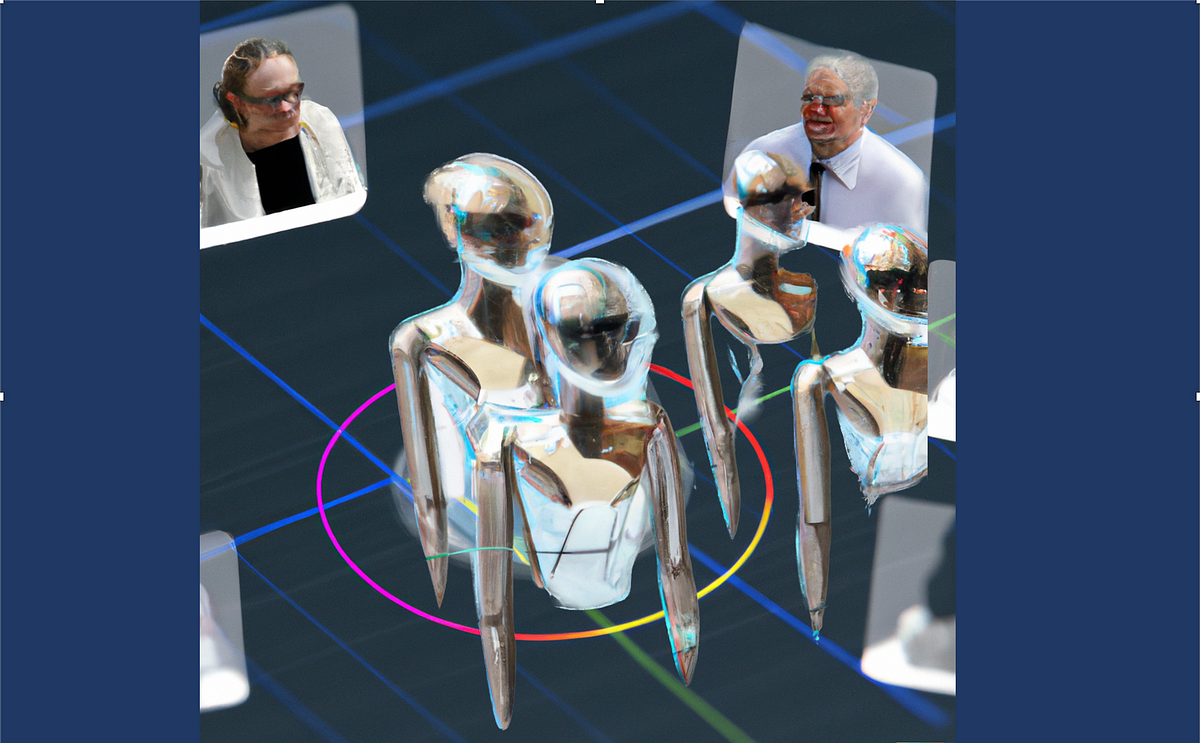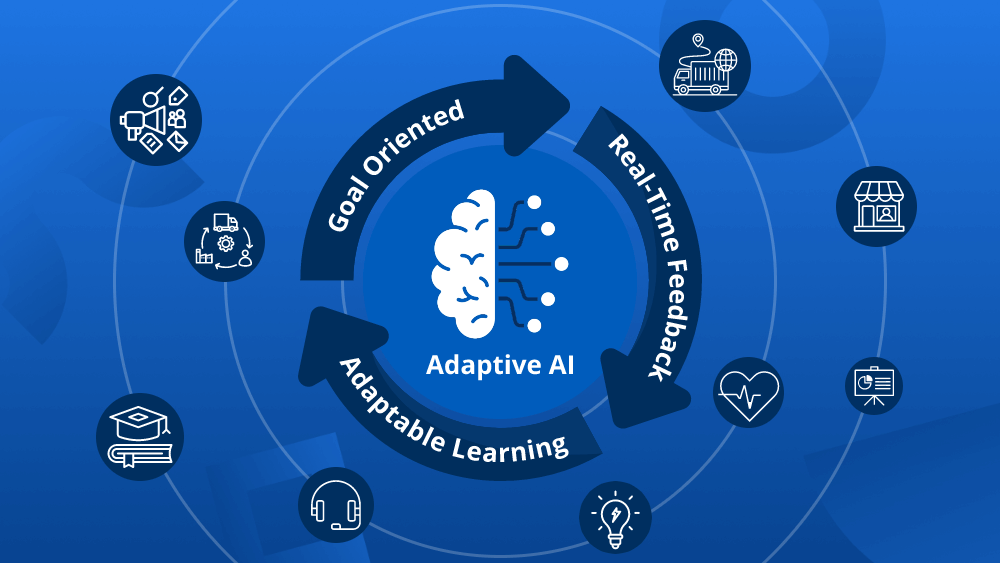The capability to craft images from textual descriptions has marked a transformative leap, propelling us into an era where creativity intersects with technology in unprecedented ways. Among these advancements, subject-driven image generation is a particularly intriguing domain. This technique allows for the creating of highly personalized images of specific subjects, such as cherished pets or beloved objects, from a minimal set of examples. A persisting challenge in this field has been the inability to fully capture and express the detailed attributes that define a subject within its broader category. This limitation often results in generated images that, while resembling the subject, miss the essence of its category-defined characteristics, leading to representations that feel somewhat hollow and lacking in life.
Researchers from Peking University, Alibaba Group, Tsinghua University, and Pengcheng Laboratory propose Subject-Derived regularization (SuDe). This groundbreaking approach reimagines subject-driven image generation by borrowing a leaf from the book of object-oriented programming. It models the subject as a ‘derived class’ that inherits attributes from its ‘base class,’ the broader category to which it belongs. This innovative modeling ensures that each subject is depicted with unique features and imbued with its category’s rich, shared attributes, thereby achieving a more nuanced and authentic representation.
SuDe’s brilliance lies in its nuanced approach to semantic alignment, compelling generated images to resonate with their subject’s category. SuDe guarantees that the subject benefits from a blend of specificity and generality, retaining its distinct characteristics while enriching it with wider, category-level attributes. This dual-faceted strategy significantly elevates the fidelity and richness of the generated images. Subjects are portrayed not just as isolated entities but as integral parts of a larger tapestry, complete with the nuanced attributes that define their categories. This method marks a notable departure from traditional techniques, bridging the gap between individual uniqueness and categorical belonging.
Through rigorous experimentation and detailed quantitative analysis, researchers have validated SuDe’s superiority over existing methods in subject-driven image generation. The technique has consistently demonstrated its ability to facilitate more imaginative, detailed, and true-to-life image generations across various subjects. By maintaining the subjects’ uniqueness while seamlessly integrating broader categorical attributes, SuDe sets a new standard for what is achievable in personalized image creation.
Beyond its technical merits, SuDe offers users unprecedented control and flexibility in envisioning and materializing digital art, opening up a vast landscape of creative possibilities. SuDe equips individuals with a powerful tool to bring their most detailed and nuanced visions to life. SuDe’s emergence elegantly merges foundational programming concepts with cutting-edge AI techniques, and SuDe exemplifies the innovative spirit that drives the field forward.
In conclusion, the advent of Subject-Derived regularization marks a significant step forward in subject-driven image generation. SuDe opens new possibilities for generating more accurate, rich, and personalized images. This breakthrough advances the technical capabilities of image generation models and enriches the creative palette available to users, offering a glimpse into the future of personalized digital creativity.
Check out the Paper and Github. All credit for this research goes to the researchers of this project. Also, don’t forget to follow us on Twitter. Join our Telegram Channel, Discord Channel, and LinkedIn Group.
If you like our work, you will love our newsletter..
Don’t Forget to join our 38k+ ML SubReddit
Nikhil is an intern consultant at Marktechpost. He is pursuing an integrated dual degree in Materials at the Indian Institute of Technology, Kharagpur. Nikhil is an AI/ML enthusiast who is always researching applications in fields like biomaterials and biomedical science. With a strong background in Material Science, he is exploring new advancements and creating opportunities to contribute.


